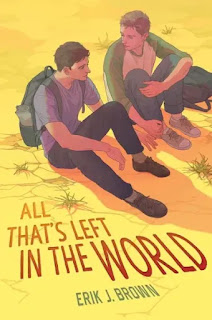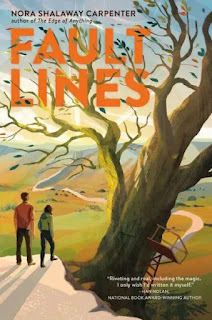Laika is a stray, a "cold dog" in her words. Very much unlike the "warm dogs" who have warm house to live in and food to eat. Instead, Laika must survive on scraps and her street smarts to get by. But a careless lapse leads to her capture and enrollment in a program to train canines to undergo the rigor of space travel. She excels at it despite her distrust of human and other dogs.
Nina is a proverbial "cold girl" whose very best friend has abandoned her by defecting along with her family to America. because of the family's betrayal, Nina is told that she must denounce her friend in order to protect her own family. She struggles with the idea and is horrified to find the things that are being said about her friend. Confused by the way her fellow students and teachers are betraying their ideals, she seeks solace in the presence of animals and bonds with Laika. The two grow close and, when Nina discovers that Laika won't be able to return from her trip, Nina becomes convinced that she must do something to save her best friend.
One can question the wisdom of writing a children's book about a girl and her slated-for-death best friend. The true story of Laika is one that sits uncomfortably in history and there will be many people who would simply never read this book on principle. Shepherd makes this much worse in two ways: by developing a strong emotional story between the girl and the dog and by telling half the story through Laika's voice. The chapters told from Laika's trusting point of view -- including her final moments on the rocket -- take a rather strong stomach (or severe detachment) to read. Shepherd makes the argument in her afterward that the story, while tragic, needs to be told because of Laika'a major contribution to science and the nobility of her sacrifice, but one might counter that argument by pointing out that Laika never actually chose to make the sacrifice so what we are basically witnessing is a living creature being murdered.
Setting those ethical questions aside, the story felt uneven. The story of Laika and Nina opening up to each other was lovely, but the political elements of the story are half-heartedly developed. The bullying at school is poorly explained. An over the top attempt at last minute sabotage rings untrue and largely undermines the emotional seriousness of the story. One almost wishes that these diversions had been skipped altogether.




















